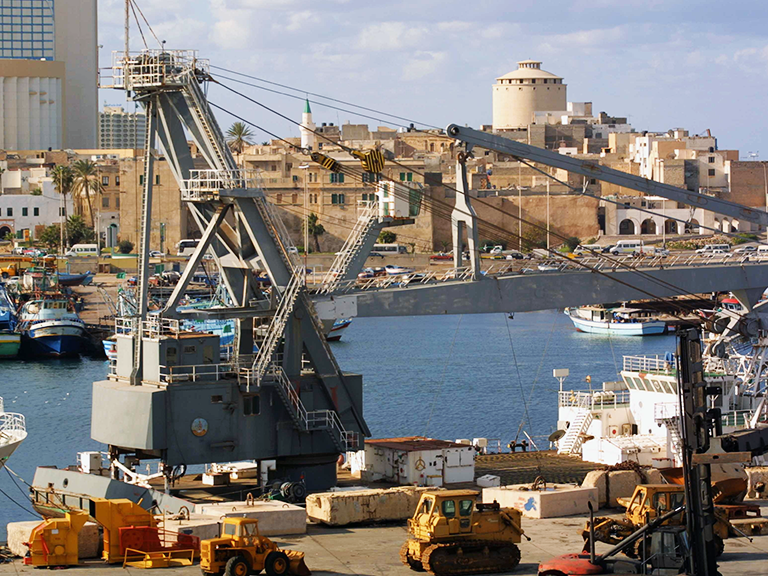
by Tamim | Jun 6, 2024 | Company Insights, Services Insights
Libya Launches e-Visa Portal and New Travel Regulations As of March 2024, Libya has introduced new entry protocols to streamline the entry, residency, and departure processes for foreigners. These changes, effective from March 14th, align Libya’s policies with...

by Tamim | May 15, 2023 | Company Insights, Services Insights
In today’s increasingly interconnected and globalized world, personal and travel security has become a top priority for individuals and businesses alike. Expertise Consultancy specializes in providing tailored risk mitigation and security consulting services to...

by Tamim | May 7, 2023 | Industry Insights, Services Insights
As the world becomes increasingly interconnected, companies seek new business opportunities by expanding to new cities and countries. This move can help them access new markets, diversify their revenue streams, and gain a competitive edge by tapping into new resources...

by Tamim | May 2, 2023 | Services Insights
Securely transporting cash and valuables is of utmost importance in today’s fast-paced financial world. More businesses and financial institutions have turned to cash-in-transit (CIT) services to ensure the safe and efficient transportation of their funds. CIT...




